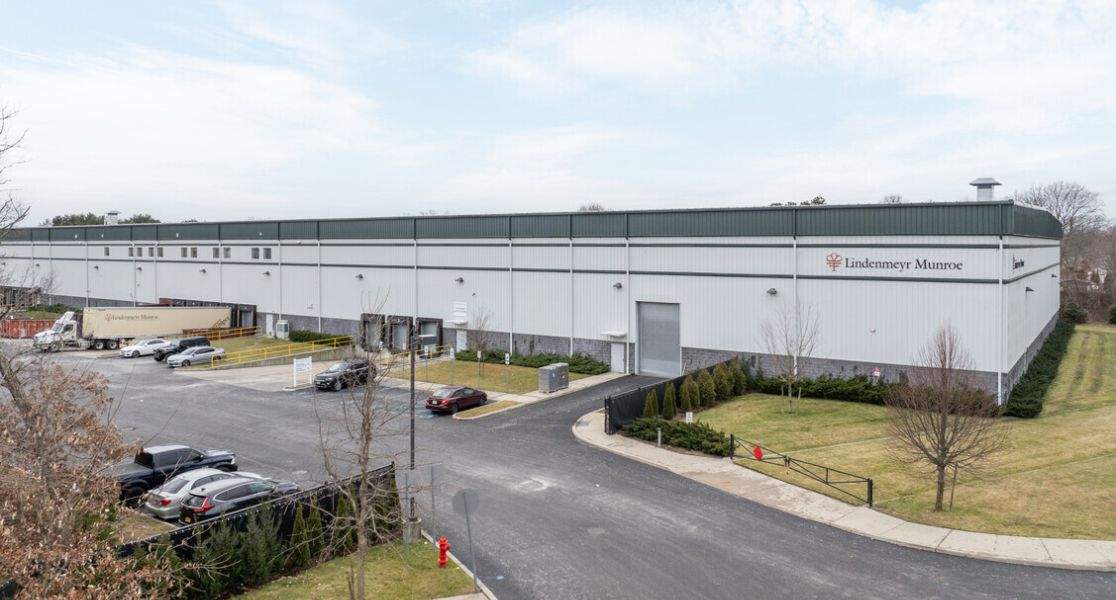
As a real estate owner, you are likely aware of your local zoning laws and how your property must comply with these rules. However, zoning laws can change and restrictions in place years ago may be different today.
In this article we explain why zoning is important in real estate, and instances where your property might be exempt from conforming to newer zoning laws.
Why is Zoning Important in Real Estate?
Zoning is defined as a law that organizes how land may be used. Long Island enforces various zoning laws that can be local to each town or village. For example, the zoning laws enacted in the Town of Hempstead may be different to the laws in the Town of Oyster Bay.
Zoning laws establish an orderly pattern of development across neighborhoods by identifying what can be built on a parcel. These restrictions exist in most communities to protect the property values of homes. Elements such as the height, density, design, and use of buildings in certain areas contribute to the zoning classification.
However, there are instances where a property may be allowed to exist even though it conflicts with current zoning laws. This is allowance is known as a nonconforming use.
What is a Non-Conforming Use?
Not to be confused with zoning variance – non-conforming use, also known as a grandfather clause, permits the use of real estate that was lawfully established and maintained at the time of its construction. The goal is to allow property owners to continue to reap the benefits of their property investments.
Rather than require the immediate restriction of these uses, the zoning ordinance will outline conditions for the continued existence of non-conforming uses.
Common Conditions & Codes of a Non-Conforming Use
While the conditions vary with state and local laws, you will find typical conditions such as described below:
1. The prohibition or regulation of the expansion, enlargement or intensification of a non-conforming use. There is general allowance for routine maintenance and repair to prevent these properties from becoming blighted properties. However, these repairs are not allowed to substantially increase the size of the property.
2. Destruction: If the structure has been partially or whole-fully destroyed, the city will have to determine whether rebuilding it will be allowed in light of non-conforming use.
3. Once a non-conforming use has been abandoned, its resumption can be prohibited. Most laws state that an abandonment period between six months to a year, creates a presumption of abandonment. However in many courts the evidence of an “intent to abandon” has to be present.
Watch our video: 5 Zoning Disputes to Avoid as a Commercial Real Estate Investor
Conclusion
Zoning is an important part of real estate. The primary goals is to maintain the orderly pattern of real estate, and protect the home values of its residents. It’s important to understand zoning laws can change and what their effect will be (if any) on your commercial property’s use.
Questions About Commercial Real Estate?
Contact us with your questions about commercial real estate. Our team at American Investment Properties has 20+ years of experience on Long Island commercial real estate. We are happy to assist you!
Contact us here or call 516-393-2300.






